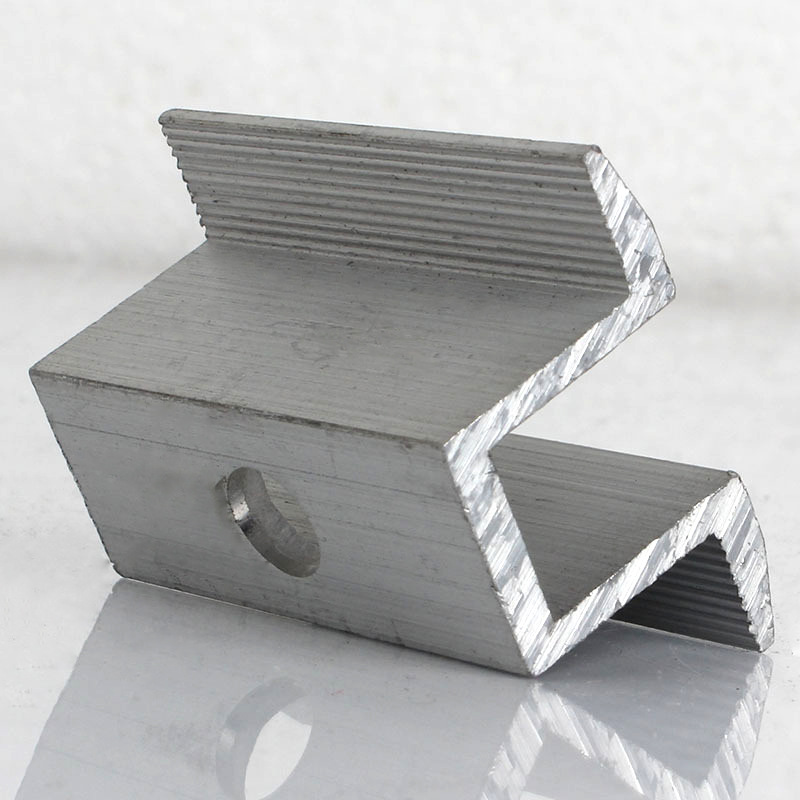

washer for 5 16 bolt
نوفمبر . 21, 2024 14:24 Back to list
washer for 5 16 bolt
Understanding the Importance of Washers for 5/16 Bolts
When it comes to fastening applications in construction, automotive, and a wide array of DIY projects, the significance of the right components cannot be overstated. Among these components, washers play a critical role, especially when used with 5/16 bolts. This article aims to discuss the various aspects of washers suited for 5/16 bolts, including their types, functions, and best practices for usage.
What Are Washers?
Washers are thin, flat pieces of material that are usually circular or washer-shaped. They are designed to distribute the load of a threaded fastener like nuts and bolts. When used in conjunction with a 5/16 bolt, washers can enhance the stability and reliability of the assembly. They help to prevent damage to the surface of the material being fastened, reduce friction, improve load distribution, and can also serve as a seal in certain applications.
Types of Washers for 5/16 Bolts
There are several types of washers that can be utilized with 5/16 bolts, each serving distinct purposes
1. Flat Washers These are the most common type of washers. Flat washers provide a smooth surface to distribute the load over a larger area, which reduces the risk of damage to the material being fastened. They can be made from a variety of materials including steel, nylon, and rubber, depending on the requirements of the application.
2. Spring Washers Also known as lock washers, these washers are designed to provide tension in a bolted joint. They prevent loosening caused by vibrations and dynamic loads. Spring washers come in various forms, including split lock washers and helical spring washers, both of which work effectively with 5/16 bolts to maintain tightness.
3. Fender Washers These washers have a larger outer diameter compared to regular flat washers, providing even greater load distribution. Fender washers are particularly useful in applications where the bolt may be installed in a softer material, such as aluminum or plastic, helping to prevent pull-through.
4. Sealing Washers Often used in plumbing and automotive applications, sealing washers are designed to create a watertight or airtight seal. They are generally made from rubber or another elastomeric material and are essential when dealing with fluids or gases.
Functions of Washers in Fastening
The functionality of washers is multifaceted
washer for 5 16 bolt

- Load Distribution Washers help spread the load of the bolt over a wider area, minimizing the risk of damage to the material being fastened. This is especially crucial when working with softer materials.
- Vibration Resistance In applications where there is significant movement or vibration, washers can help keep fasteners tight. Spring washers are particularly beneficial here, preventing the loosening of bolts over time.
- Protection Against Wear When bolts are tightened, the threads can dig into the material they’re fastening. Washers act as a barrier, protecting the surfaces from wear and tear caused by tightening and loosening.
- Sealing Mechanism Certain washers can act as seals, preventing leaks in various applications, from plumbing to automotive components.
Best Practices for Using Washers with 5/16 Bolts
When using washers with 5/16 bolts, it is important to follow certain best practices to ensure optimal performance
1. Choose the Right Washer Consider the application and environment when selecting a washer. For instance, if the assembly will experience vibrations, opt for spring washers. For load distribution on soft materials, use fender washers.
2. Use the Correct Size Ensure that the inner diameter of the washer matches the diameter of the bolt while also considering the outer diameter for load distribution.
3. Inspect for Damage Before each use, inspect washers for corrosion, cracks, or deformities. Damaged washers should be replaced to maintain the integrity of the fastening.
4. Tighten Properly Always follow the manufacturer’s specifications for torque values when tightening bolts to avoid stripping threads, which can compromise the assembly.
5. Keep a Variety on Hand If you frequently work with 5/16 bolts, keep a range of washers in stock. This will allow you to choose the best option for every specific situation.
In conclusion, the utilization of washers with 5/16 bolts is vital for achieving reliable and long-lasting assemblies. Understanding the types of washers, their functions, and best practices ensures that your projects are successful, safe, and efficient. Whether you're a seasoned professional or a DIY enthusiast, incorporating the right washers into your fastening toolkit is essential for optimal performance.
Latest news
-
Premium Fasteners Manufacturer | AI-Driven Solutions
NewsAug.01,2025
-
Hot Dip Galvanized Bolts - Hebei Longze | High Strength, Corrosion Resistance
NewsAug.01,2025
-
High-Strength Hot Dip Galvanized Bolts - LongZe | Corrosion Resistance, Custom Sizes
NewsAug.01,2025
-
Best Self Tapping Screws for Drywall - Fast & Secure Installation
NewsJul.31,2025
-
High-Strength Hot Dip Galvanized Bolts-Hebei Longze|Corrosion Resistance&Customization
NewsJul.31,2025
-
Hot Dip Galvanized Bolts-Hebei Longze Metal Products|Corrosion Resistance&High Strength
NewsJul.31,2025

